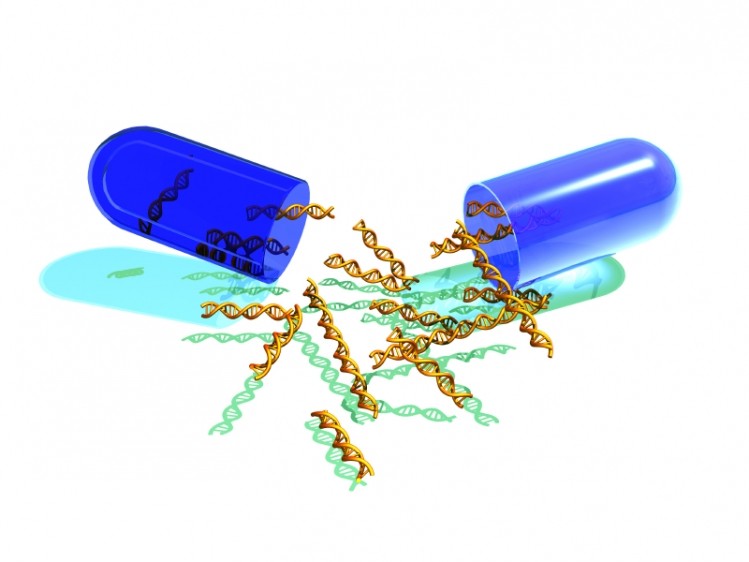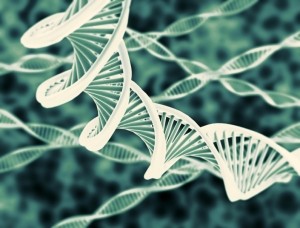Nutrigenomics nudge closer to the mainstream ‘but we are not there yet’

In theory nutrigenomics has much to offer. Take weight control. It is estimated something like 140 gene locations influence weight gain – if food choice can influence the behaviour of these genes could a powerful route to beating the unbearable public health burden of obesity be found?
Or what if diets could be altered with a better understanding of how an individual’s genetics influence their sense of taste – thus potentially tailoring a more healthy diet that tastes good to that person?
Professor John Mathers, an expert in human nutrition at Newcastle University in England, and lead researcher in one of the largest nutrigenomic research projects yet conducted, is encouraged but not convinced, in calling for more research.
“To get reliable answers, you need to do clinical trials with hundreds of people over a few years, with costs that are in the millions of euros, which is out of reach for most of the start-ups in this business,” he said recently in press reports.
The European Union-backed project professor Mathers was involved in, Food4Me, involved 500 European volunteers who followed either a standard diet, a personalised diet or a gene-based personalised diet over four years.
The two groups on the personalised diets had better health outcomes than the standard diet group although there was no significant difference between the two personalised groups.
For professor Mathers more research is required as “we are not there yet”.
The Academy of Nutrition and Dietetics states “the use of nutrigenetic testing to provide dietary advice is not ready for routine dietetics practice.”
Research efforts
Food4Me study results have been sent for peer-review publication.
Other studies have shown encouraging results.
For example, omega-3 polyunsaturated fatty acids (PUFA) have been found to be more beneficial for individuals with a particular genetic make-up (Ferguson et al, Atherosclerosis, doi:10.1016/j.atherosclerosis.2010.03.027 ).
Another 2014 study at the University of Toronto found people consuming a gene-based diet reduced sodium intake.
But most researchers freely acknowledge there is much to learn about the interaction between diet, genetics and health outcomes.
But there is enough research to back a host of phone apps that offer dietary advice matched to a person’s genetic make-up – information now available for under €100 in places like the US.
















